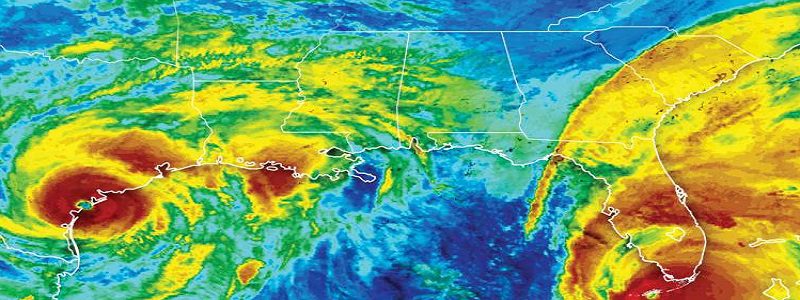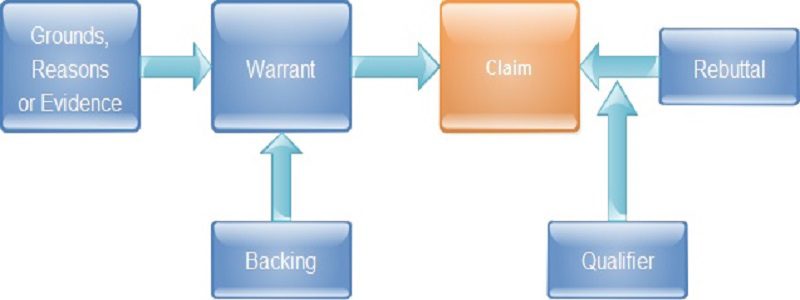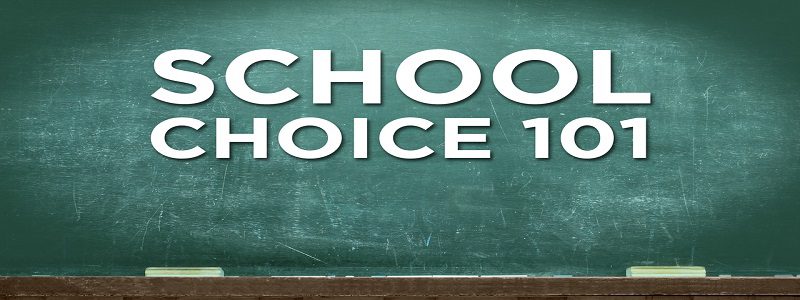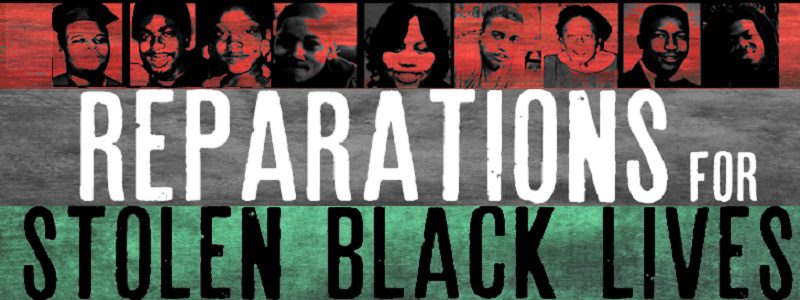Bringing the Hurricanes into Your Classroom
The late-summer, 2017, brought two enormous, category 5 hurricanes crashing into the southern United States and the Caribbean, a several week ordeal that some individuals and communities in these regions will be spending years recovering from. Given the suffering that these massive storms have produced, one response we should feel as educators is a charitable one. Hurricane Harvey charitable efforts are collected and vetted on this credible site; while Hurricane Irma charities are similarly treated on this one.
Not in any way inconsistent with this moral reaction to the hurricanes is a pedagogical one: to bring the attention, media coverage, writing and thinking about, and latent issues within these thunderous acts of nature just prior to the school year into your classrooms early in the school year. This post will discuss an approach that we are taking with partner schools.
An Activity to Introduce the Academic Argument Model
Early in the school year, it is a good idea to introduce the fundamental academic argument model to students who may not be fully familiar with it, or to refresh students’ understanding even if they have worked with it extensively in the past. The ubiquity of the academic argument model — not only in argument-centered instruction, but throughout schooling — justifies spending some precious early-year, culture-establishing time on this task. This activity is designed to provide students with this (re-)introduction.
Our Adaptation of the Toulmin Model of Argument
Overview
A significant portion of all of the argumentation done in K-12 education today is rooted in the Toulmin model of argument. Every time you see claim – evidence – reasoning in the curriculum, in any of its multifarious guises, you are in the presence of a descendant of Toulmin. Few curriculum writers or teachers – and even fewer students – have a grounding in Toulmin’s argumentative theory. Because Argument-Centered Education draws on his thinking in our argument-centered resources and pedagogy we believe that it is important to dig a little deeper here.
School Choice — An Argument-Centered Approach
In the education sector, the biggest hot button policy issue today is probably school choice. Charter schools, which are publicly funded and privately owned and managed schools; and tuition tax credits and vouchers to fund students attending private schools — these policy disruptions of the school district operated and managed status quo in public education have generated an enormous amount of discussion and debate. And this has taken place at every level, from the local community town hall (and even in family conversations) up through state legislatures and boards of education, to the U.S. Department of Education and the halls of Congress.
This is the final post in a short series that reflect work that we have done this summer to prepare argument-based units on issues of particularly strong interest to secondary and middle school history and English departments, going into the 2017/18 school year. This post develops a unit on school choice, and whether in particular charter schools are disrupting the traditional public education system in the United States in a positive or a negative way — or perhaps (looking toward a syncretic position post-debate) in what specific ways they can help public education and in what specific ways they threaten it.
Reparations for the Historical Legacy of Racism — An Argument-Centered Approach
No one can know what would come out of such a debate [over reparations]. Perhaps no number can fully capture the multi-century plunder of black people in America. Perhaps the number is so large that it can’t be imagined, let alone calculated and dispensed. But I believe that wrestling publicly with these questions matters as much as—if not more than—the specific answers that might be produced. An America that asks what it owes its most vulnerable citizens is improved and humane. An America that looks away is ignoring not just the sins of the past but the sins of the present and the certain sins of the future.
— Ta-Nehisi Coates, “The Case for Reparations,” June, 2014
There is no issue more controversial, or more essential to an understanding of American history and society, than the issue of race. This is the second in a short series of posts that reflect work that we have done this summer to prepare argument-based units on social science issues of particularly strong interest to secondary and middle school history and English departments, going into the 2017/18 school year. This post develops a unit on reparations, and whether the United States has a moral debt to African-Americans, because of its historical legacy of anti-black racism, that it is obligated to pay in a material way.






